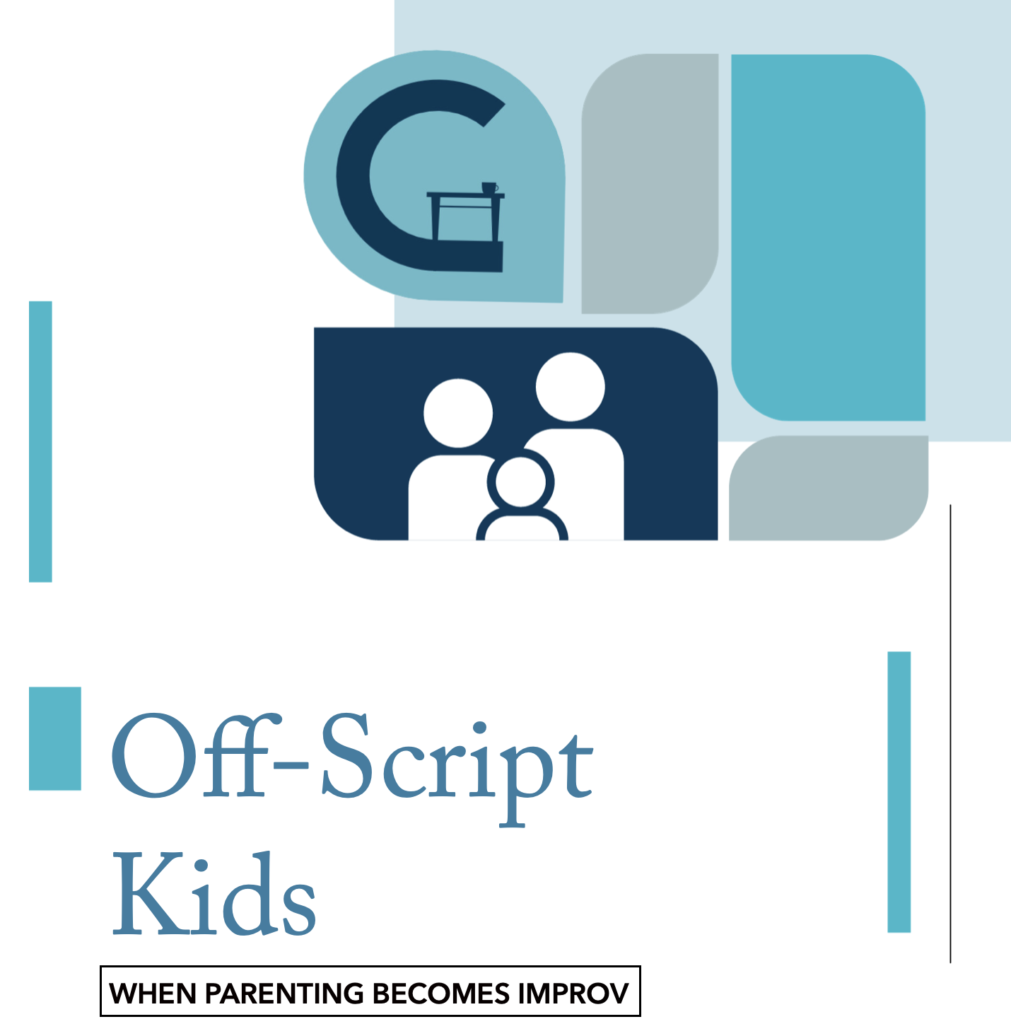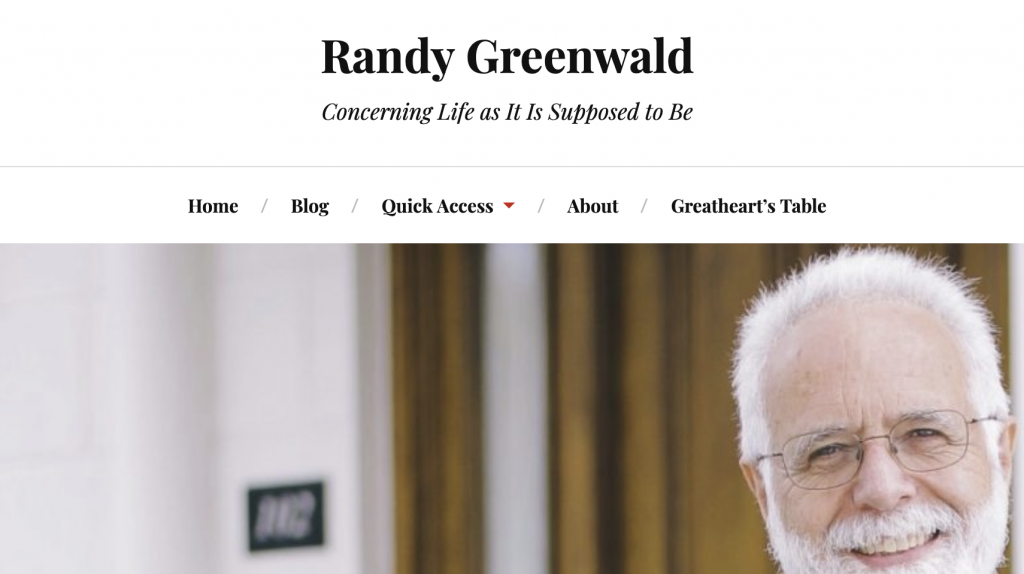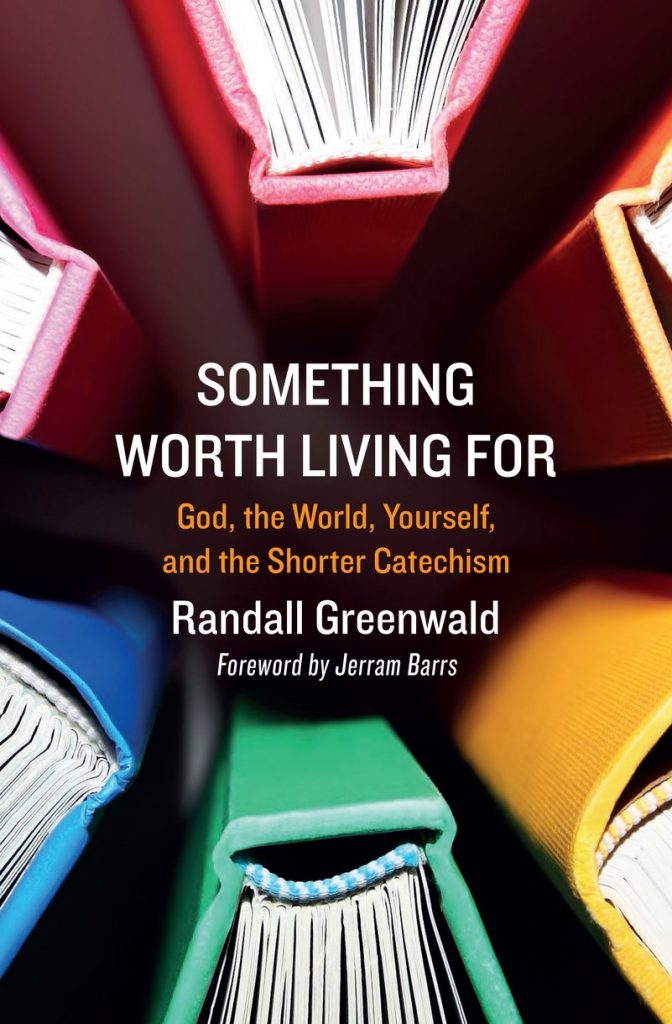I
I’m excited to report that the inaugural Off-Script Kids retreat was wonderfully received and appreciated. This event, which you can read about here, is designed to bring encouragement and perspective for parents whose adult children have wandered from the Christian faith or in some other way have made life choices that have unsettled the parents’ expectations.
Over the first weekend of November, men and women representing eight different families gathered, talked, reflected, learned, and walked away encouraged. The weather was perfect, our hosts at San Pedro were graciously accommodating, and our special musical guests We Are Tuesday sang thoughtful songs that wonderfully intersected with the themes of the retreat. You can hear one of their songs, performed in San Pedro’s beautiful chapel, here:
It was everything I had hoped for.
Based on the interest in this, and on how well it was received, we have determined to continue to host these intimate events twice more in 2024. The next is scheduled for May 3-5. If you or others you know are interested, more information can be found at the Off-Script Kids web site. We have not yet opened registration for the May retreat, but those who put their names on the waiting list will get the first crack at attendance.
It’s a heavy thing that such an event is necessary, but we are thrilled to be able to offer a hopeful perspective for these parents.
II
A few people know that I have written a memoir exploring my roots as a pastor and how the unexpected intrusion of God’s grace once transformed and broadened me. This story of God’s grace, currently titled A Reformed Pastor, is one I very much want to tell, but it’s not yet ready to be put out there in any formal way. There are portions of it in need of serious editing, and some re-writing, tasks I’ve been unable to do since I’ve been focused on the Off-Script Kids retreat, Greatheart’s Table, and my day job.
Still, a couple of friends have been banging on my door to let them read it, no matter how rough it is. To satisfy their insistence, I have recruited them to be ‘beta readers’. Over the next several months (a year, I imagine) I plan to release chapters slowly to these readers. After I touch the chapters up a bit, I’ll send them out one at a time letting my beta readers go to work offering feedback and suggestions.
It occurred to me recently that there might be others who would like to join this team of beta readers. If you would like to be included, you need to do a few things. First, become a Greatheart’s Table paid subscriber or Patreon supporter at at least the 10K level. Secondly, ask me to include you. Then, as each chapter is released, you will receive it via email and be asked to read it and offer constructive criticism on it. And that’s it!
But remember – this is not automatic for paid subscribers or supporters. You will need to ask me by emailing me directly. This should be a fun journey!
III
My friend Mike Osborne, retired pastor, dean of students at Reformed Theological Seminary, and the author of the helpful book on pastoral endurance called Surviving Ministry is a man clearly wearing many hats. One of those hats is a ministry serving pastors in crisis called Standing Stone Ministry. I asked Mike to describe that ministry for us, as it could be helpful for some of you. Here is what he wrote:
Standing Stone Ministry is an interdenominational non-profit organization founded in 2002 by a lay couple named Jim and Debbie Hogan. Jim and Debbie were concerned about the stories of burnout, isolation, and discouragement they heard from a number of pastors, including their own. They bought a ranch in Colorado and turned it into a place of retreat for ministry leaders who needed a place of rest, counsel, and fellowship.
A decade later, they realized their ministry to burned-out pastors could be multiplied exponentially by training and recruiting people to care for ministry leaders in the field. At last count (October 1, 2023), there were 219 field shepherds walking alongside over 3,000 ministry leaders throughout the US and Canada. Field shepherds are older, experienced pastors who spend time each week visiting, listening to, praying and caring for ministry leaders who need someone safe to talk to. Conversations are held in confidence. Field shepherds are assigned to a cohort of fellow shepherds for training, communication, and accountability.
The mission of Standing Stone Ministry is to guide ministry leaders–pastors, missionaries, church planters, etc.–into healthy ministry. I spend approximately 15 hours a week with ministry leaders who find themselves in all sorts of situations. I meet with them either in person, over the phone, or via Zoom. Some relationships are short, others are long-term.
If this sounds like something you would be interested in, either as one needing care or to be a field shepherd, you can reach Mike by emailing him here.
That’s it for this go round. I wish you all a delightful Thanksgiving week. Our regular posts will return on November 27.










